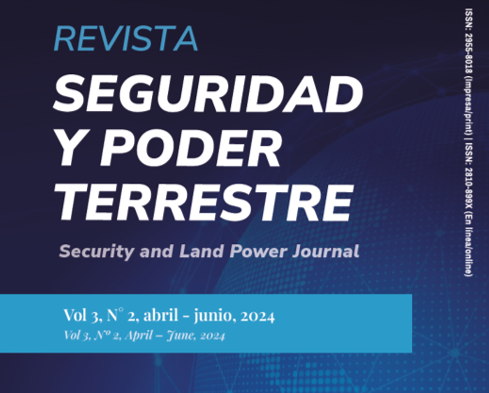
Argentina: Security Challenges and the Government Response
Published in: Seguridad y Poder Terrestre, Vol. 3, No. 2, June 2024, https://revistas.ceeep.mil.pe/index.php/seguridad-y-poder-terrestre/issue/view/9/12. pp. 37-53.
SUMMARY:
In addition to Argentina’s profound economic crisis, the nation faces serious security challenges. These include use of the country as a drug transit zone, including cocaine from Bolivia and Peru bound for Europe and marijuana from Paraguay. Such criminal activities have caused violent struggles between groups for transport routes in logistics hubs such as Rosario. The country is also challenged by the secondary effects of such drug trafficking, including addition to the cocaine byproduct “paco,” the new synthetic drug “Tussi,” and an increasing fentanyl consumption problem, and criminal insecurity accelerated by rising rates of poverty and unemployment. Argentina also faces potential terrorism threats from Hezbollah Islamic and to a lesser degree, from the indigenous fringe group, the Mapuche Ancestral Resistance (RAM). It is also challenged by the depletion of Argentina’s maritime resources from Illegal, Unreported and Unregulated (IUU) fishing. Security forces also must provide logistics and other support for Argentina’s strategically important Antarctic region, the constitutionally enshrined Argentine claim to the Malvinas/Falkland Islands, and should consider the possible wartime exploitation of Argentine territory through China’s access to dual use space and maritime facilities. In addressing security challenges, the new libertarian government of Javier Milei has appointed an experienced National Security Minister, and a capable Defense Minister. Together, they must compensate for a generation of underfunding of and constraints on the role of the Armed Forces under prior Peronist governments, despite the current budget crisis. In security, as in other matters, the Milei government has moved away from flirtation with the PRC in defense acquisition and other engagements, and is working closely with the United States and other Western allies to acquire new systems and capabilities, and to expand security cooperation.



